How Equestrians Have Overcome Challenges
and Achieved Success
Learn more about Sport Hypnotherapy & Sue Williams Cl-Hyp
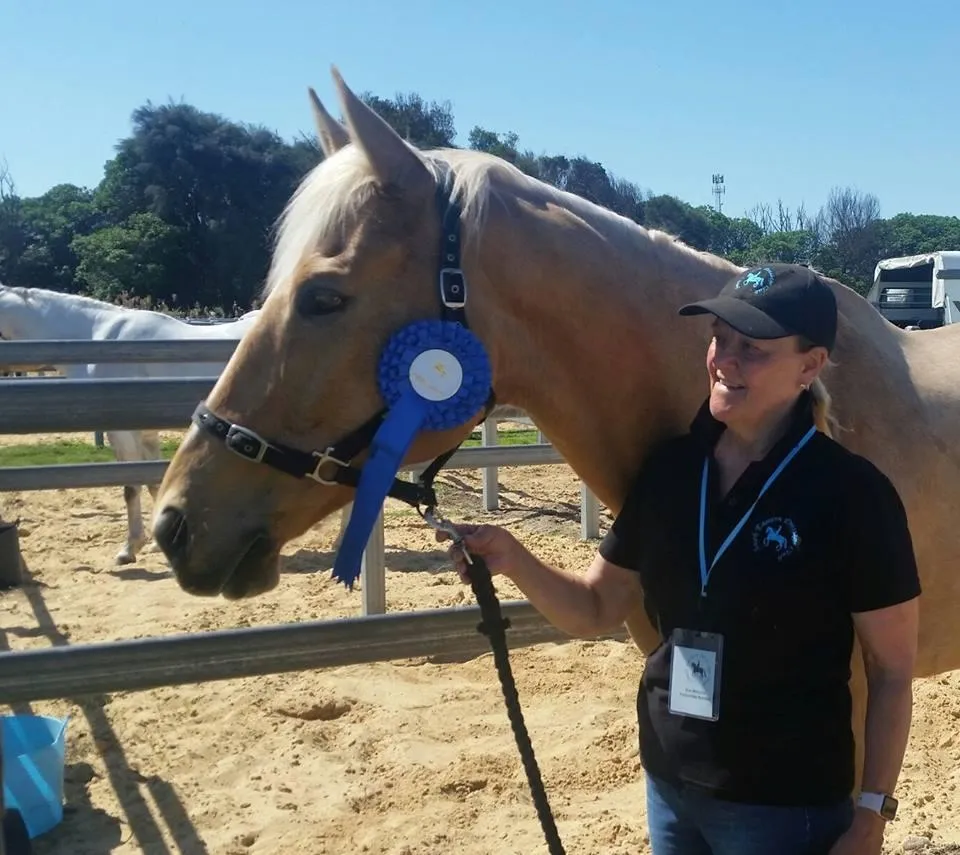
How Hypnotherapy and Mindset Coaching
Transform Equestrian Experiences
Whether you're a competitive rider aiming for peak performance, a parent supporting a young equestrian, or someone looking to regain confidence in the saddle, hypnotherapy and mindset coaching offer powerful tools to help you achieve your goals. At its core, hypnotherapy works by accessing the subconscious mind to address fears, anxieties, and mental blocks that may be holding you back. Paired with mindset coaching, it creates a holistic approach that not only rewires thought patterns but also builds lasting resilience, confidence, and focus.
Equestrian hypnotherapy is especially effective for riders of all ages and levels because it targets the specific mental barriers commonly experienced in the equestrian world. Whether it's overcoming fear after a fall, building the confidence to handle a new or forward-moving horse, or assisting young riders in developing their skills and resilience, these methods are tailored to each individual’s needs.
My approach combines personalized hypnotherapy sessions with practical mindset strategies, ensuring that riders leave with the tools to manage their emotions and challenges both in and out of the arena. The transformations I’ve seen in riders—ranging from young children to seasoned equestrians—show how effective these methods are in restoring joy, confidence, and performance.
Below are stories of equestrians who have experienced these transformations firsthand. Their testimonials highlight the diverse ways hypnotherapy and mindset coaching can make a profound difference, no matter the challenge.
Case Study: Regaining Riding Confidence After Motherhood
After the birth of her daughter at 46, a client, despite being an experienced and competent rider, developed a fear of horse riding so severe that she stopped riding altogether. The thought of getting back in the saddle filled her with terror, preventing her from enjoying a passion she had once loved.
The client reached out to me after discovering my information on Facebook. Through three targeted hypnotherapy sessions, combined with pre- and post-session exercises designed to build confidence and reduce anxiety, we worked on addressing her fears. Although immediate changes weren’t apparent, the work laid a strong foundation for transformation.
A month later, the client experienced a breakthrough. She spontaneously decided to ride one of her mares, a forward-moving and energetic horse, without any fear. This was a horse that hadn’t been ridden in six months, and yet, the client felt confident and at ease. Her progress continued when she confidently rode a new horse, untested and not ridden in over a year. This transformation has restored her joy in riding. If you’re feeling apprehensive or hesitant about getting back in the saddle, my hypnotherapy sessions offer a proven path to rebuilding confidence and overcoming fear.


Case Study: Restoring Confidence in a Junior Rider
A 10-year-old rider lost all confidence after experiencing a significant fall while jumping on his pony. This fall left him too fearful to even take his pony out of the paddock, and despite various attempts to rebuild his confidence, nothing seemed to work.
The family reached out to me, and during our initial consultation, I ensured the young rider felt at ease through a kind and supportive approach. I then created a personalized hypnosis recording tailored specifically for him. The result was extraordinary; overnight, there was a noticeable shift in his mindset. The very next day, he confidently got back on his pony, displaying none of the fear that had previously held him back.
This transformation demonstrates the power of my methods, especially for junior riders. My approach effectively addresses and alleviates riding anxiety in children, allowing them to regain their confidence quickly and enjoy riding once more. If your child is struggling with similar challenges, my personalized sessions can help restore their confidence and bring back the joy of riding.
Case Study: Overcoming Fears and Personal Barriers Through Mindset Coaching
A client came to me upon recommendation from their riding instructor, initially seeking help to overcome fears related to horse riding. However, they also had additional personal challenges that were impacting their overall sense of wellbeing and confidence.
Using a tailored approach, we worked together on both the riding-specific issues and broader personal barriers. Through a combination of mindset coaching techniques, guided visualizations, and practical tools for managing stress, the client was able to address these challenges. The aim was to build resilience, reduce anxiety, and empower them to face obstacles with confidence both in and out of the saddle.
The transformation was profound. The client not only overcame their initial riding fears but also developed the skills to manage other aspects of their life. They now feel equipped to confront challenges that previously seemed insurmountable. If you’re struggling with similar issues, my coaching approach offers the support and techniques needed to achieve breakthroughs, allowing you to move forward confidently.

Ready to Transform Your Riding and Your Life?
These stories highlight just a few of the ways hypnotherapy and mindset coaching have helped equestrians overcome challenges and reach their goals. Whether you're seeking to regain confidence, enhance performance, or simply enjoy your time with your horse again, my personalized approach can make a profound difference.
Book a no-obligation chat with me on Zoom to explore how my methods can not only transform your riding experience but also positively impact other areas of your life. Let’s create a plan tailored to your needs and set you on the path to success. Click below to schedule your session today!
Want to book your Equestrian Hypnotherapy Program but need split payments? No worries!
Afterpay, Zip, credit card and direct debit installment plans are all available!
Testimonials from genuine clients who Sue assisted with riding fears and anxiety
I would highly recommend Sue to help with the journey if you are needing some help with for your riding and/or general life worries!
...definitely worth a session whether to improve your riding, remembering tests, psychological eating patterns, addictions…
…when I rode I didn't bounce around like I normally do...
I found Sue's voice very easy to listen to. I'm looking forward to listening to the recording and seeing any further changes.
About a month ago I booked an appointment with Sue. Two days later I took my horse out to her first competition, and my first in 11 years, and we had a fabulous day. Initially I had some butterflies but I was easily able to push them away and enjoy myself! I highly recommend reaching out to Sue.
Sue’s recording has empowered me and I see myself moving from one success to another with my horses but also other areas of my life. For any horse rider I recommend Sue as she understood me, and I felt comfortable and safe with her. She was incredibly healing and gave so much, words cannot express my gratitude to Sue.
You wouldn’t believe it, but I fell off my horse today!!! Wasn’t his fault he tripped on the canter, which is weird but the moral of the story was I was not scared at any time!!! And I jumped back on just to check he was feeling ok and not sore !! I was pretty impressed with that!

About SPORT HYPNOTHERAPY.
Sue's Clinical Hypnotherapy work started back in 2020, when she saw a need to assist athletes to conquer negative beliefs and mindset, improve physical and mental performance and overcome injuries and setbacks.
She has concentrated her focus on using Hypnosis for change work, with her specialist practice now in its sixth year. All one-on-one sessions are done on Zoom so it doesn't matter where Sue's clients are located. Sessions with sporting teams can be arranged as in-person visits or on Zoom.
Want to book your Equestrian Hypnotherapy Program but need split payments? No worries!
Afterpay, Zip, credit card and direct debit installment plans are all available!


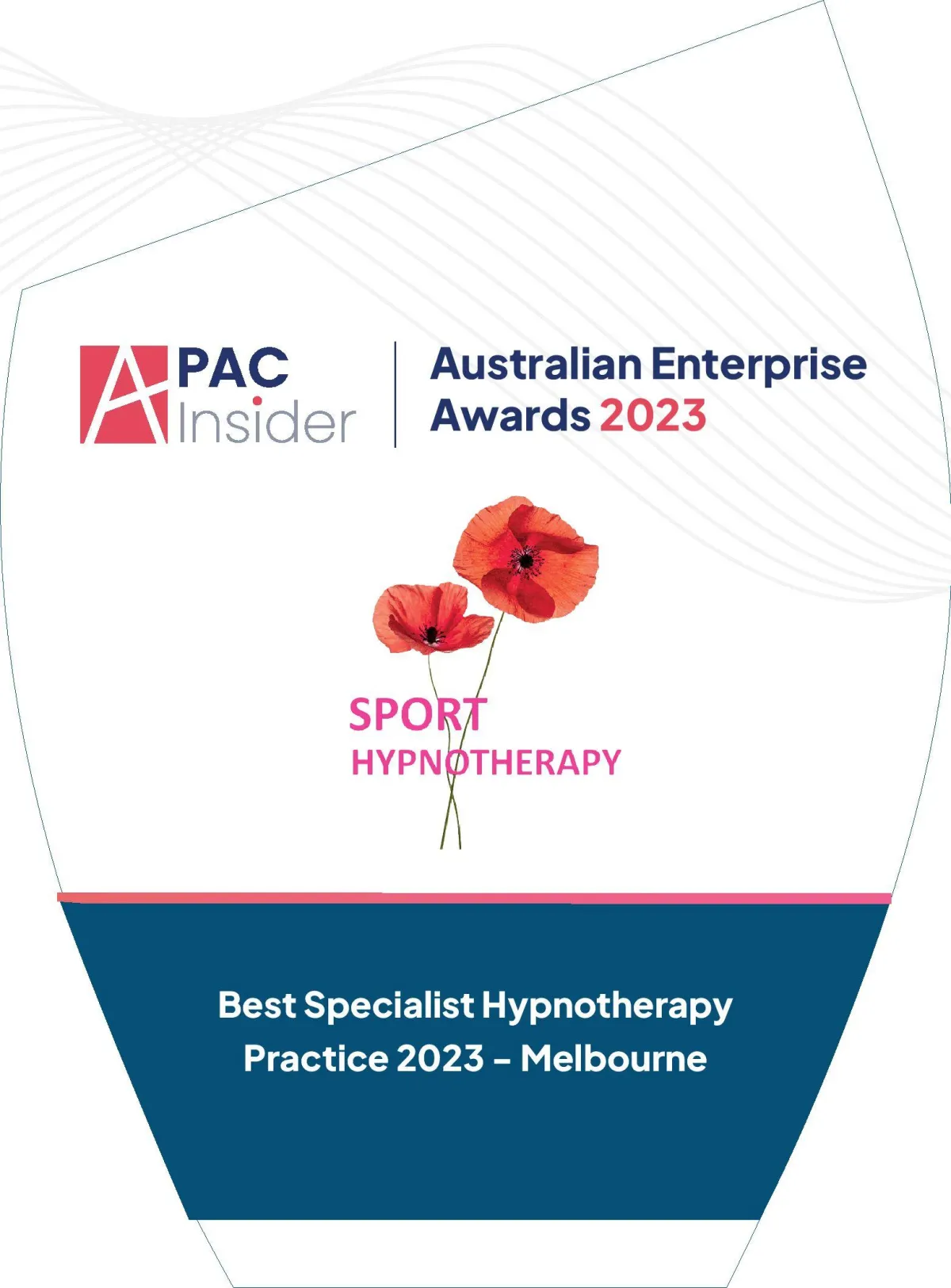


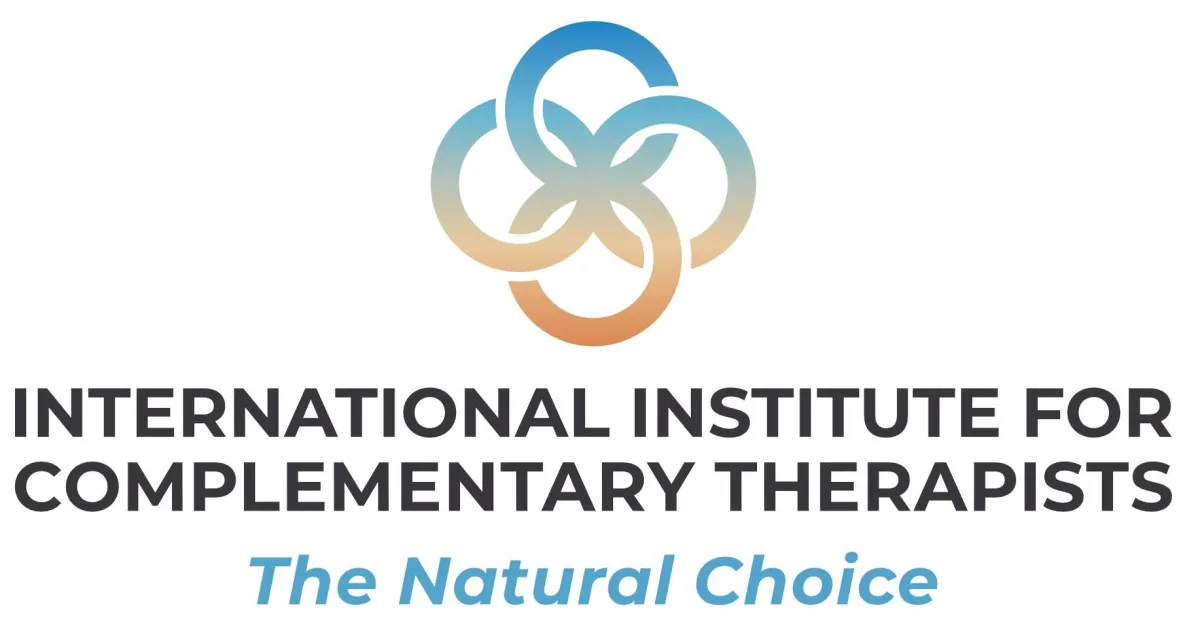
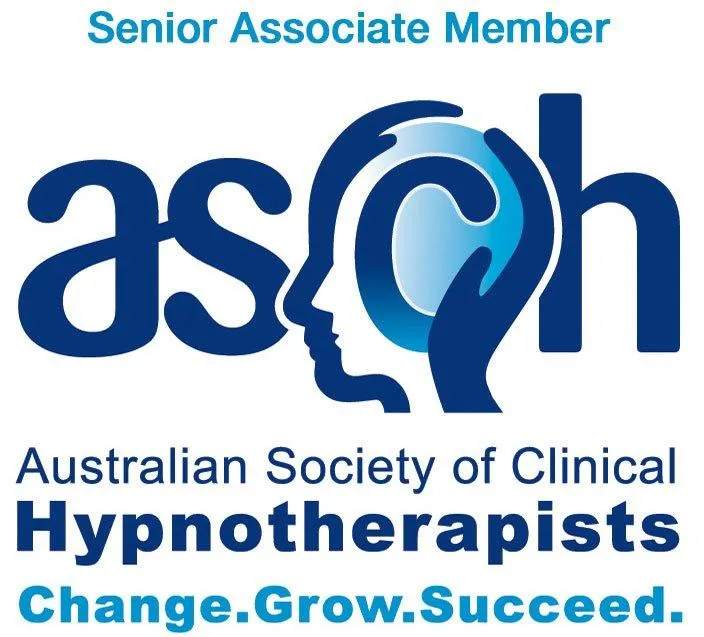
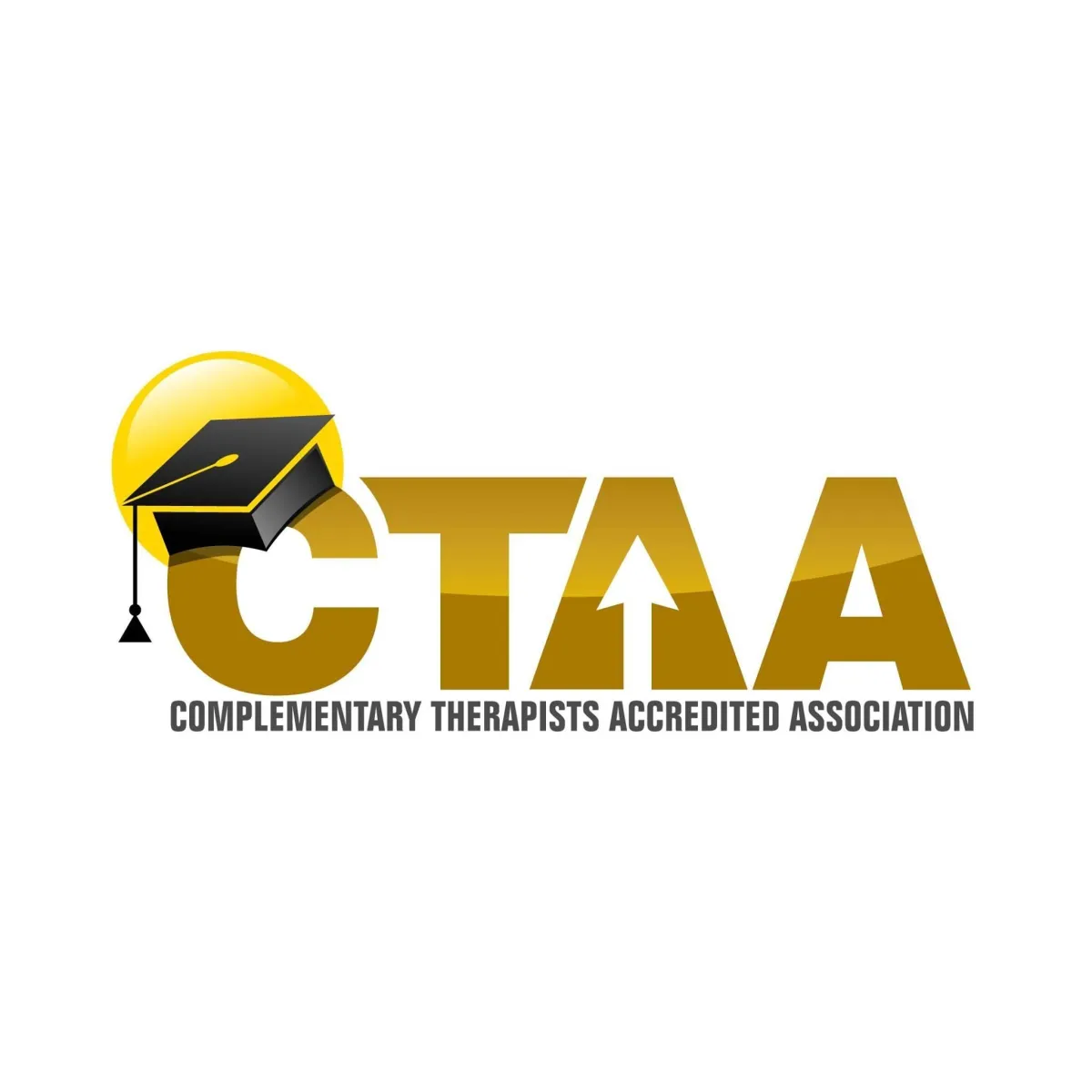
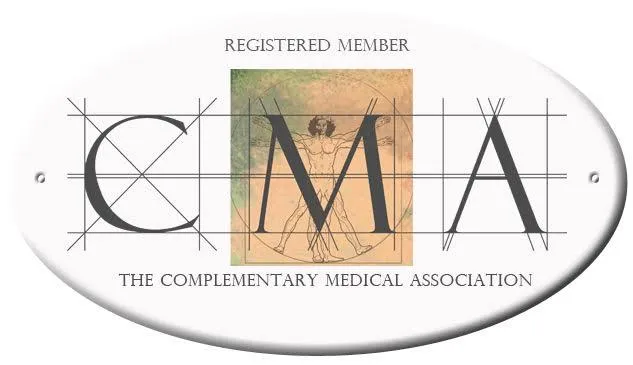
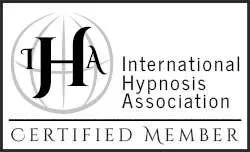
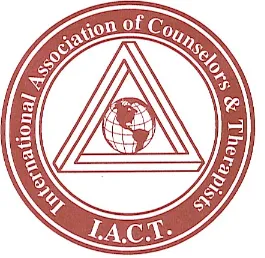
Frequently Asked Questions
What is Hypnosis?
It is the bypassing of the critical faculty of the mind and direct communication with the subconscious mind. It feels a lot like a deeply focussed day dream. Another name for it is Monoideism which is essentially having a singular focus.
What is Hypnosis Like?
Have you ever been in a room full of people, feeling as though you are taking part in the group but feeling detached from it?Have you ever had the experience of driving home while being preoccupied by something and suddenly realising that even though you have arrived safely at your destination, you can’t recall driving past familiar landmarks? It’s as if you were on automatic pilot.Have you ever been unsure whether not you did something or simply thought about doing it? For example, did you mail that letter or did you just think about mailing it?Have you ever been so absorbed in an activity that you were able to block out sounds or make them totally unimportant or not even hear them?Have you ever stared into space, thinking of nothing, and been unaware of the passage of time?Have you ever had the experience of remembering a past experience with such clarity and vitality that it was almost as if your were reliving it?Have you ever been able to shut out your surroundings by concentrating very hard on something else?Have you ever had the experience of reading a novel or watching a film and being so absorbed that you forgot about your surroundings, almost living the story?Have you ever been lulled into a dreamy state or put to sleep by a lecture or a concert, even though you were not tired?
What is a Clinical Hypnotherapist?
A Clinical Hypnotherapist is a specialist in hypnosis, who uses the healing state of hypnosis to work with problems or conditions that a client wishes to change.
Can Anyone Be Hypnotised?
Pretty much – some more easily than others. Like anything else in life, the more people practice self-hypnosis, the more easily they can slip into that wonderful relaxed state. The depth that people reach in hypnosis varies between individuals. It is not necessary to achieve a very deep level of hypnosis to bring about change to habits or conditions that are having a negative impact either mentally or physically.A common myth about hypnotisability is when a person says, “No one could hypnotise me" or "I’m too strong minded”. All hypnosis is self-hypnosis. A person goes into hypnosis because they choose to. So strong-minded individuals are really good candidates for hypnosis provided they are committed to wanting it to work for them.
Would I Be Asked To Do Anything Against My Will?
This is one of the common misunderstandings associated with hypnosis. This is probably tied in with another misconception that the hypnotherapist has control over the client. This is not the case. People will not do or say anything under hypnosis that they would not do when not in hypnosis. Thanks to TV shows and stage hypnotists, there is a common misconception that you can be hypnotised against your will. It is not true. All hypnosis is self-hypnosis.Research conducted at the University of NSW by Dr Amanda Barnier and reported inThe Sydney Morning Heraldon 2 February 1998, states that “Hypnotised people do not act like robots, nor are they powerless pawns of post-hypnotic suggestionsplanted.
In What Areas Can Hypnotherapy Be Used?
Hypnotherapy can help with smoking cessation, overeating, nail biting, bed wetting, insomnia, headaches, exam nerves, pain, anxiety, panic attacks, phobias, bulimia, depression, mood swings, alcoholism, relationship problems, hostility, anger, resentments, worry, guilt, grief, asthma, blood pressure, sexual dysfunction, warts, compulsions.Hypnotherapy has been a great help in improving exam performance, study recall, memory, sports focus, public speaking, personal growth, pain control, performance, assertiveness, childbirth, communication, relaxation, counselling confidence, releasing the past, personal empowerment, goal setting.Hypnosis can be used in the treatment of most disorders, whether mental or otherwise, where the relaxation response promotes the person’s positive mindset. For example, with a physical injury, the person’s mental resources can be enlisted to aid in managing the subsequent discomfort, allow for some rest, and lessen the associated emotional trauma. It must be noted that Hypnotherapy is not a replacement for medical treatment from your doctor.
What Is The History Of Hypnosis?
Hypnosis is not a new modality of treatment. Hypnosis has had a variety of names and has been used for millenia as a means of influencing human behaviour. Therapeutic suggestion and concentration have been practised throughout the history as we have sought to recognise and treat discomfort, disorder and disease. The Celts and Druids practised hypnosis. The Egyptians established “sleep temples” some 4,000 years ago dedicated to therapeutic trance states in which curative suggestions were given. The Bible contains many sections which allude to hypnotic phenomena. Primitive tribes had Shamans who practised ritual, sleep cures and healing suggestions to remove the influences responsible for illness. Undoubtedly, the chants of the earliest medicine men helped many patients to restore their health. Think about the crooning and rocking that a mother uses to help her fitful child into a peaceful state of quiet and sleep.In modern times, hypnosis is usually dated to Vienna in the 1700s and a young physician named Mesmer. The method Mesmer used became known as Mesmerism. Mesmer guided his patients to use their powerful imaginations. By doing so, Mesmer unwittingly lay the corner stone of many present-day therapies. Today, imagery techniques are used in many health care settings, with cancer patients, and in the areas of sports and business motivation.In 1855, English surgeon, James Esdaile, used hypnotic skills in India. He operated on three thousand patients, of which three hundred were major procedures. He discovered the mortality rate dropped from 50% to 5%, and that many of his patients recovered more quickly, had increased resistance to infection, and had greater comfort. He presented his findings to the Royal Academy of Physicians in London. His work was denounced as blasphemous because “God intended for people to suffer”.During the 1st and 2nd World Wars, interest in hypnosis was heightened because hypnosis was found to be very effective in combating war neurosis. The success of hypnosis in dismissing symptoms through a reliving of the events of a traumatic experience created a wave of enthusiasm for hypnotic methods.It is probably true to say that hypnosis is clouded with more myths and misconceptions than any other form of psychological practice, even though these misconceptions have their roots in long-distant history and have no foundation in fact.In Australia and elsewhere throughout the world, hypnotherapy is now recognised as a valuable therapeutic methodology.
Am I Unconscious Or Asleep When Hypnotised?
No. In hypnosis, the conscious mind takes a rest. Hypnosis allows you and the hypnotherapist to tap into the storehouse of information that lies in the subconscious (or unconscious mind) and makes positive changes to thought patterns, habits or the effects of traumatic incidents that are having a negative impact either mentally or physically.
Want To Book But Need Split Payments?
No worries! Afterpay, Zip, credit card and direct debit installment plans are all available!
Just discuss these options when you talk to Sue on your FREE Discovery Call.
Get in touch with us
Before you enquire, please have a good look through our site. We do our best to answer all questions upfront.
For new clients, be sure to watch our Getting Started Presentation which goes over the details of how our clinic runs.
For existing clients, click the Existing Client button to rebook another appointment.
For all other enquiries use the form below and we will get back to you as soon as possible.
0483 955 389
PO Box 56, Tyabb VIC 3913
Mon - Fri 10.00-4.00
Learn More

Disclaimer: Hypnotherapy and coaching services offered on this site are intended for general wellbeing and personal development. They are not a substitute for medical or psychological diagnosis or treatment. Results may vary from person to person.
Follow Us
Follow Us
© Copyright 2025. SPORT HYPNOTHERAPY, All rights reserved.
